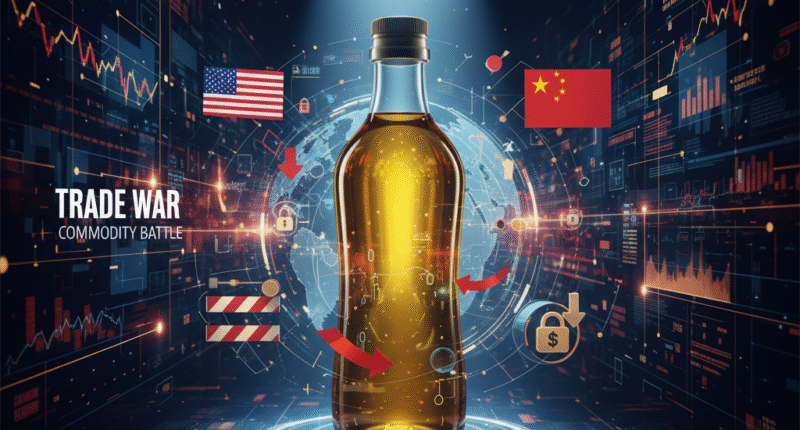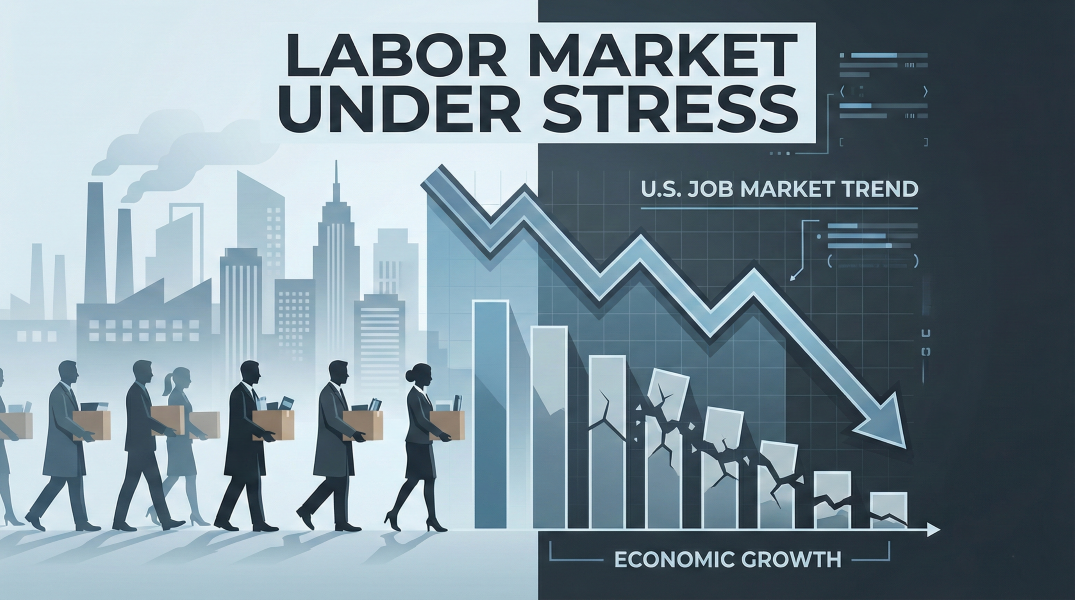Cooking Oil Becomes New Battleground
Escalation of Economic Tensions—From Tech to Food Staples
The United States and China are locked in a renewed economic battle, but this time, the focus has shifted from high-tech sectors and semiconductors to everyday commodities. In October 2025, cooking oil—vital to global food systems—has emerged as the newest flashpoint. Trade experts warn that tariffs and export controls on palm, soybean, and other vegetable oils could disrupt supplies, fuel inflation, and reshape international alliances, marking a pivotal chapter in the US-China trade war.reuters
Why Cooking Oil? The Strategic Importance
The Backbone of Food Industry
Cooking oil is a critical ingredient in virtually every cuisine and commercial food operation, from packaged foods and restaurants to biofuel production. The US and China are both major producers and consumers, sourcing oils from domestic farms and international suppliers across Southeast Asia and South America. Any restriction or price shock affects not just homes and fast food chains but entire manufacturing supply chains.
Political Leverage and Economic Security
Food commodities have long been used as instruments of political pressure. Recent moves see both US and Chinese officials targeting cooking oil imports and exports to protect farmers, manage inflation, and retaliate against perceived trade injustices. By using tariffs and quotas, governments hope to gain leverage—yet risk harming local industries and exacerbating global shortages in the process.
Ripple Effects Across Markets
Cooking oil is more than a kitchen staple; its pricing and availability influence packaged food costs, restaurant menus, and agricultural futures. The trade dispute has already sent futures prices soaring, prompting producers, importers, and retailers worldwide to seek new suppliers and re-negotiate contracts amid ongoing uncertainty.
How the Battle Is Unfolding—Key Developments
Tariffs, Export Controls, and Retaliatory Moves
-
The US has introduced new tariffs on Chinese-origin soybean and palm oil, citing unfair subsidies and dumping allegations.
-
China, in response, imposed quotas and tariffs on US cooking oils and began ramping up domestic production initiatives.
-
Southeast Asian economies—key suppliers—now face pressure to pick sides or diversify export channels to avoid getting caught in the crossfire.
Industry and Market Response
Major consumer brands and food processors are adjusting recipes, switching oil sources, and lobbying for policy relief. Small businesses worry about rising prices and profit margin erosion, while investors flock to commodity markets in search of protection against volatility.
Potential Winners and Losers
If tensions persist, countries that can ramp up local production—such as Indonesia, India, and Brazil—may benefit as alternative suppliers. Meanwhile, consumers face higher prices, and both US and Chinese food manufacturers grapple with supply disruptions and strategic uncertainty.
Broader Implications for Consumers and Global Trade
Food Security and Inflation Risks
The shift in trade war focus heightens risks of food inflation worldwide. Governments are monitoring supply chains closely, aiming to avoid panic buying, market manipulation, or food shortages as prices climb.
Innovation and Supply Chain Diversification
Industry leaders predict increased investment in alternative oils (such as canola and sunflower), biotech solutions, and sustainable farming to reduce dependency on volatile trade relationships.
Conclusion
US-China Trade War 2.0 is pushing the battle into new territory, transforming cooking oil from a pantry staple into a geopolitical bargaining chip. As tariffs and controls unfold, food industry leaders, global governments, and everyday consumers must adapt to changing markets, rising prices, and the real stakes of food security in an uncertain world.












10 comments
👍👍👍
Thanks
Thanks much 👍
Oh,so oil price is going to increase .😔
It’s an alarming sound that signifies expected rise of prices for basic commodities since the beginning point of US-China trade war. 🥹🥹will have to deal with the rise of prices.
OK
I like this
Thanks for sharing 🍀🌻
Thank you for your information.
Donr